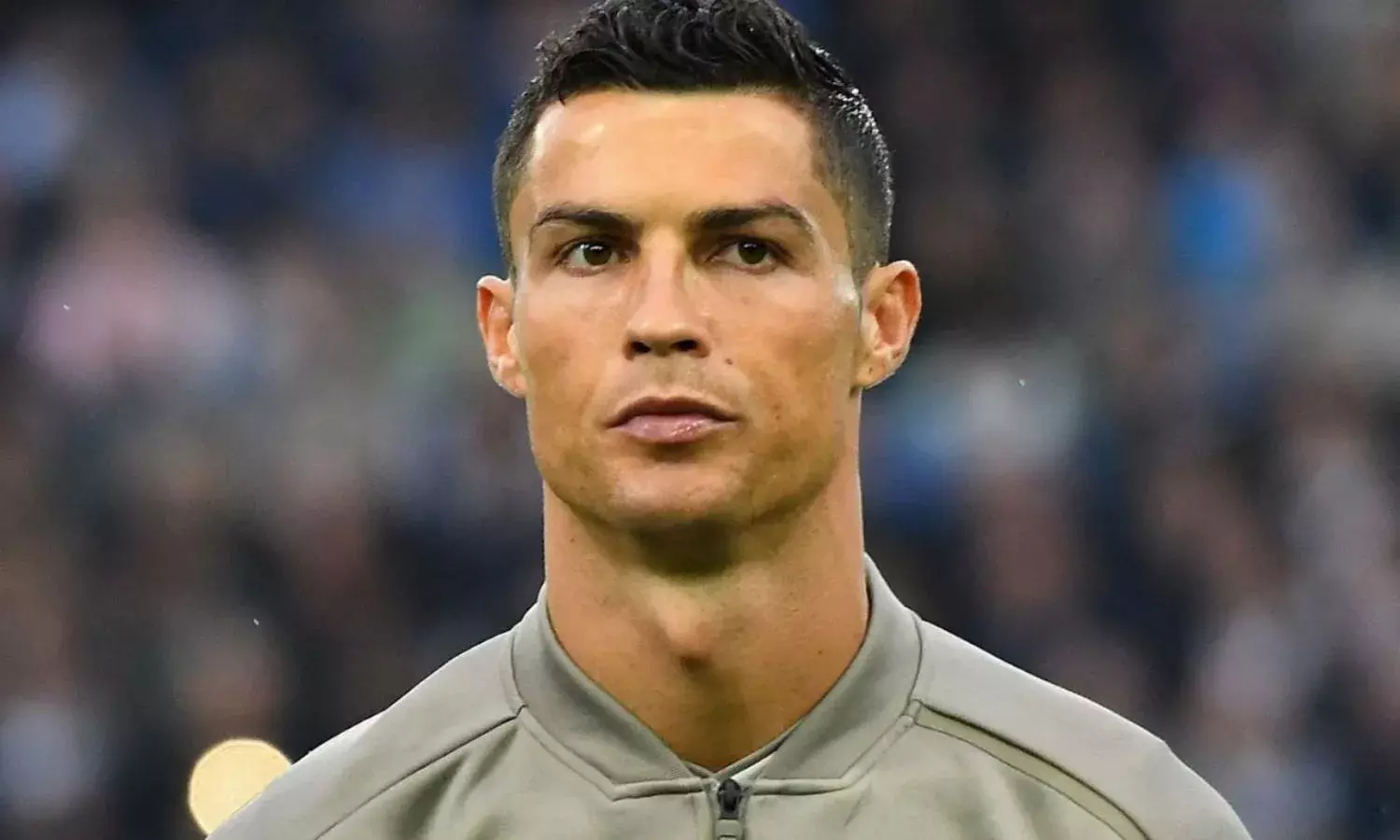Why Don’t We Talk about Cristiano Ronaldo the Way We Should?
A larger than life image carries real life consequence

On June 5, the media reported that rape charges filed against Cristiano Ronaldo by Kathryn Mayorga had been dropped. The report turned out to be false, as the charges had only been shifted to a federal (union) court from a state court in the US.
On the same night, Ronaldo played against Switzerland in the Nations League and scored a hattrick. There were no mentions of the sexual assault charges in the many Facebook and Twitter conversations about him, or in the hundreds of posts praising this football genius.
It would be foolish to expect a mature and sensitive response from the largely patriarchal or anti-feminist world of football, but these brazen attempts to brush the matter under the rug are deeply problematic.
Juventus, the club Ronaldo plays for, came out with statements supporting him and talking about his “professionalism and dedication” as a “great champion” in addressing the allegations when they first surfaced.
No professional footballer has said anything in public about the case. Most of Ronaldo’s supporters came rushing to his defence, favouring his version of events over Mayorga’s, and others while recognising the gravity of the charges aggressively advocated the separation of Ronaldo’s playing and his alleged crime, calling it a “personal” matter.
The football universe has repeatedly shown itself to be a toxic space for anyone who won’t conform to racial, gender, or religious norms. Moise Kean, a striker at Juventus, was racially abused by fans. His teammate Leonardo Bonucci responded by saying that the blame was 50-50, and that Moise shouldn’t have acted in the manner that he did.
Manchester City midfielder Raheem Sterling spoke out publicly about the racist treatment he and other players of African origin receive from the British press, particularly the tabloids.
As football fans, and fans of all sports, we need to hold players accountable for their actions and realise that the “larger than life” image we afford them, has real life consequences.
Uncomfortable conversations about the inherent misogyny and racism in sports must take place, and for that, the discussion must shift from the offenders to the victims’ point of view.
The huge power imbalance between accuser and accused is evident from the fact that conversations around the incident have been focused on what it might mean for the footballer and his career. No one is talking about Kathryn Mayorga who, inspired by the MeToo movement, finally built the courage to come out with her story after nine years.
Football fans and the international media reacted similarly to a more recent incident, in which Najila Trindade accused the Brazilian footballer Neymar of sexually assaulting her on May 15, 2019. The matter was swept under the carpet quite as hurriedly as Ronaldo’s, with the news cycle moving onto “more pressing” matters such as Neymar’s inclusion in the list of highest paid athletes.
Neymar and Trindade both took to the social media to produce evidence in support of their versions of the incident. Neymar’s fans, however, have ignored the information put out by Trindade and are taking the footballer’s word as gospel. Seemingly numerous and loud, they are hiding behind the gory details of the incident, and are privileging his story over Trindade’s.
Any claim made by Neymar or Ronaldo in their respective cases gets disproportionate coverage and backing, tipping the scales further in their favour in the court of public opinion. Football fans (most of them men) seem to want to continue idolising these players, and so any version of events which disrupts that image, even police charges filed by a survivor of assault, is rejected or ignored.
There have been large strides in making football a more inclusive sphere, with the movements in women’s football for equal pay, the increasing (yet still inadequate) coverage of the ongoing FIFA Women’s World Cup, and consistent efforts by most clubs to discourage racist behaviour amongst their fans.
But it’s us fans who must be at the forefront in shedding the accusations of sexism justifiably levelled at all sports.
Sreelata S.Yellamrazu, a sports writer and contributor to The Citizen, links the Ronaldo incident to the misogyny prevalent in other domains. “There are similarities to how Cristiano Ronaldo’s case is being handled in the largely male-dominated media, as was the case with Chris Gayle in the world of cricket.
“Irrespective of these larger-than-life sportspersons and their gargantuan records, it appears that there is a deliberate attempt, now more than ever, to delineate and preserve the aura of the sportsman - or even the male sports editor.
“Without touching upon the misdemeanours that have a psychological effect on one half of the world's population, this is no way to address an issue, by pretending it never happened. It’s only going to become a bigger problem, now that the other half of the population has entered sports and sports reporting on a larger scale.”



